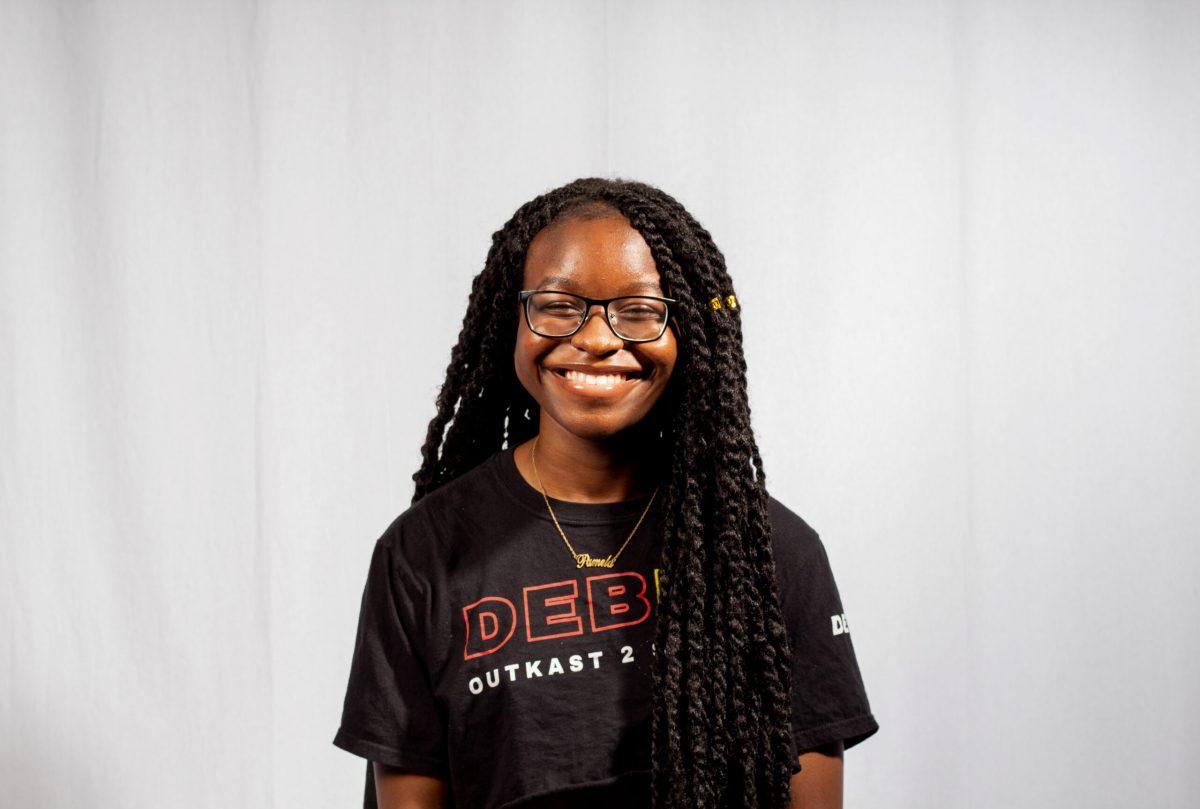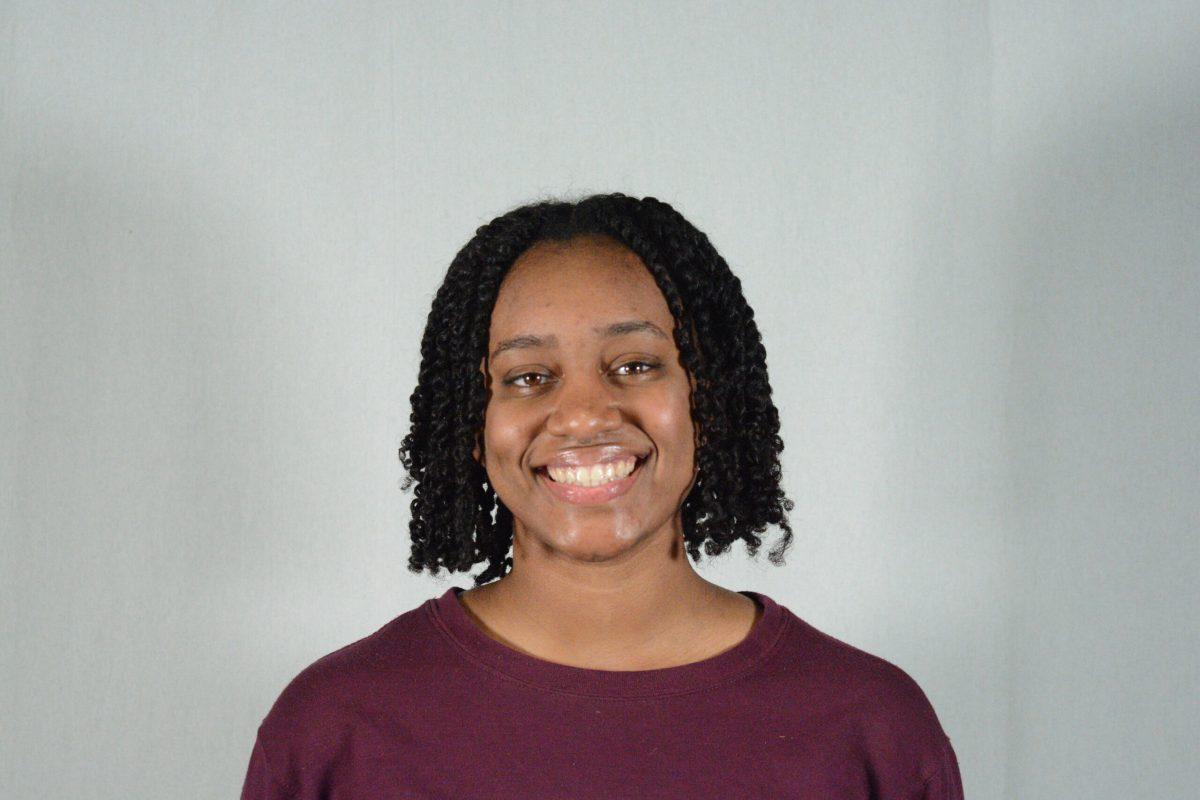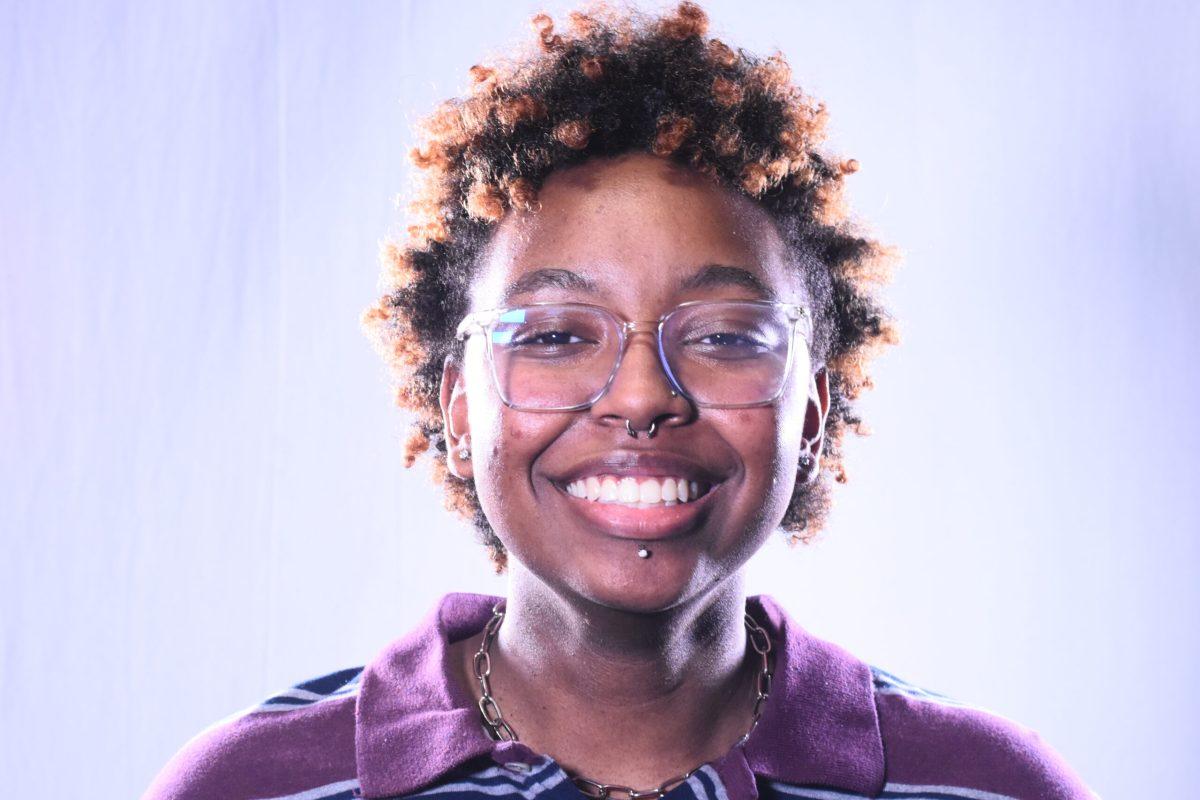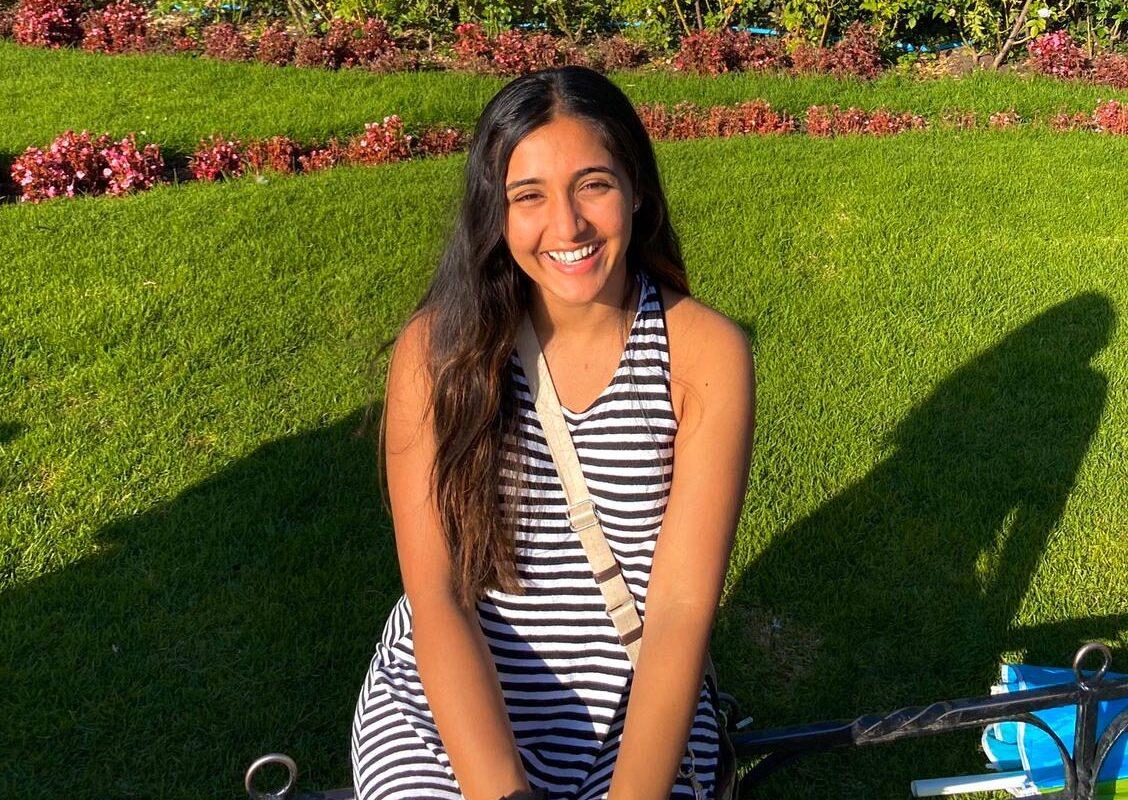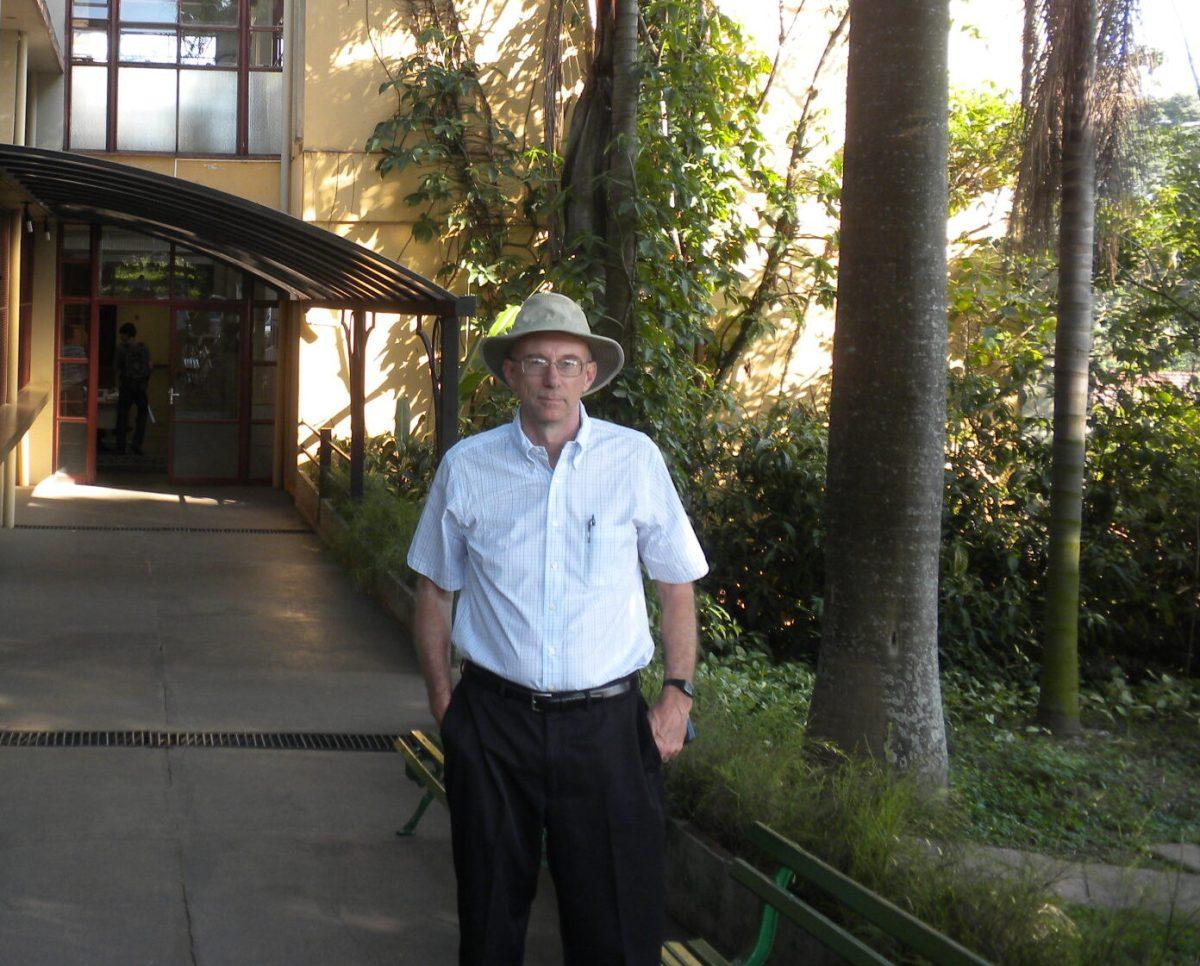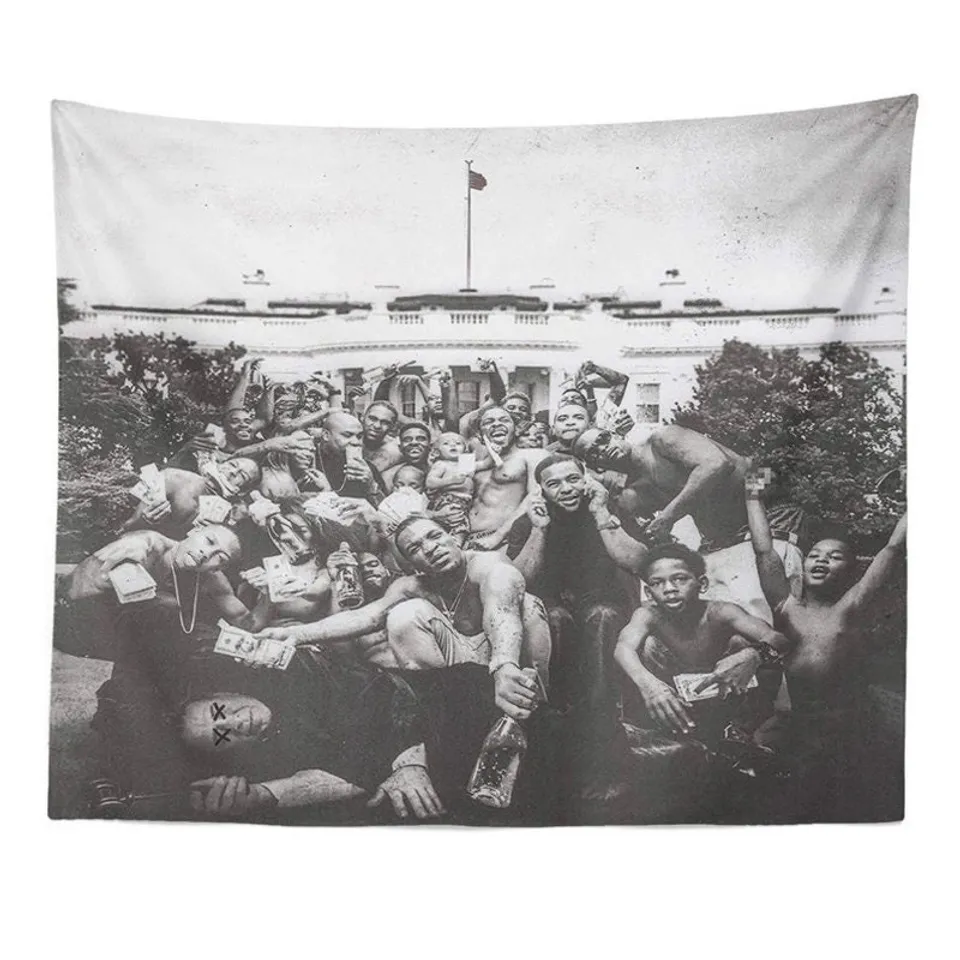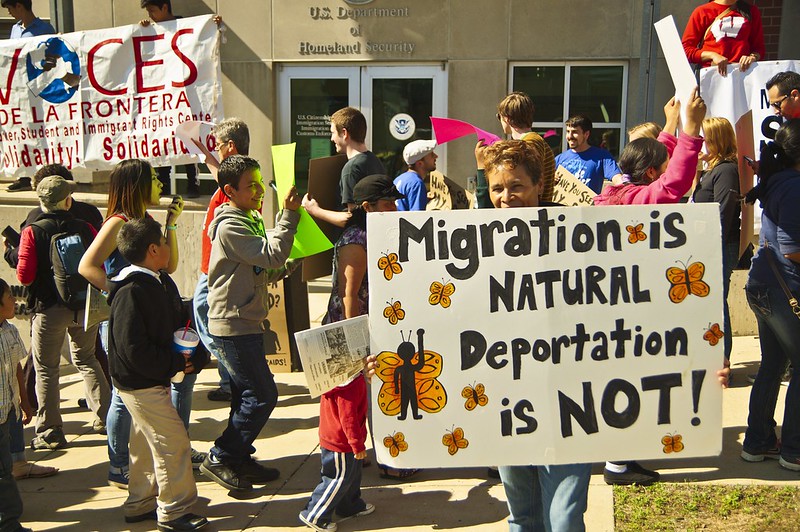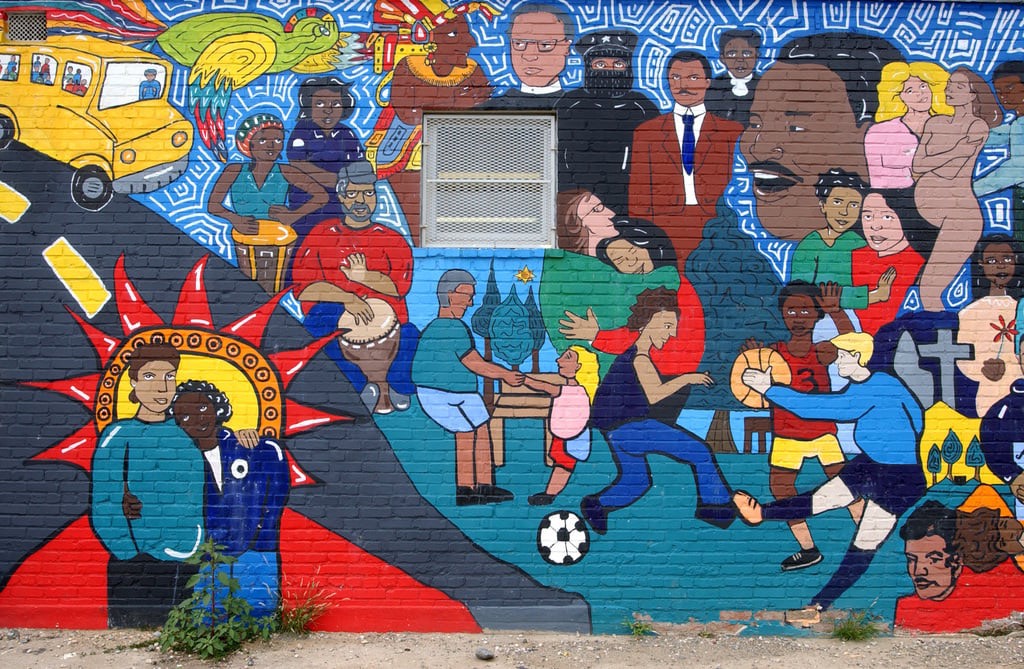Isaac Smith | Correspondent
Today, I woke up to the alarm that was set on my iPhone so that I could shower in clean water, get dressed in clean clothes, brush teeth that have been inspected by a dentist and eat food that I didn’t have to farm or prepare myself. These are all luxuries that a good portion of people in the world cannot have. These are all luxuries that we can enjoy because we live in the United States of America. Just saying United States of America can fill many Americans with pride.
However, while we are a proud country and can enjoy many benefits that billions of people cannot, we need to remember how this country was founded. So, let’s do a recap…
In 1492, Columbus sailed the ocean blue. He “discovered” what we now call the Americas. There are only a few problems with this picture: First, Columbus did not discover what is now North and South America; people already lived here by the time Columbus landed. Second, Columbus intended to land in India. He landed here by mistake. It was not a heroic “discovery.” Third, the people who were here before Columbus are often left out of the conversation.
Christopher Columbus is not the hero he was painted to be. He’s not the explorer that many people were raised to believe he is. In reality, Columbus was responsible for murdering, stealing from and enslaving the indigenous people of the Americas. On top of intentionally doing all these horrible things to those who were here first, Columbus and his European friends introduced a host of illnesses that, according to PBS, wiped out approximately 90 percent of the Native American population.
Combining the violence and illness he brought, Columbus is responsible for approximately 20 million deaths. Christopher Columbus caused the genocide of Indigenous Peoples in the Americas.
Had Columbus not landed in the Americas, the country we know and live in would most likely be drastically different. The demographics of both North and South America would be radically changed had Columbus stayed in his own country. The history of the world would potentially be changed. But also, if Columbus hadn’t landed in the Americas, what would we celebrate on the second Monday of every October?
That question has been answered by cities across the country and 12 states. Alaska, Hawaii, Louisiana, Maine and many others, have all decided to celebrate Indigenous Peoples’ Day in an effort to face the reality about Columbus Day: it shouldn’t be celebrated.
With upwards of 20 million deaths to the Columbus name and states changing the holiday, why do we still celebrate Columbus Day as a national holiday? That is a question that there isn’t a good answer for.
It may be in part due to the fact that people still celebrate Columbus Day. Every year people gather in celebrations that take place in various locations across the country. People still cling to the idea that Columbus did in fact “discover” this country. While there is overwhelming evidence that says otherwise, why not stick to that belief?
It does seem quite foolish to celebrate a mass murderer for an accomplishment he did not actually achieve. But maybe Columbus supporters just want to stick to tradition and fear the changes that may come with Indigenous Peoples’ Day.
In any event, Columbus Day is still considered as a national holiday regardless of whether or not people decide to celebrate it. This could be changed should the federal government decide to listen to people and change something for the better. Yet, with the current administration, the idea of Indigenous Peoples’ Day may be a far-off dream. However, there is still hope.
Because, while the federal government may legitimize Columbus Day as opposed to Indigenous Peoples’ Day, here at NC State we don’t celebrate murderers. This past Indigenous Peoples’ Day, NC State’s own Native Space collaborated with MSA (Multicultural Student Affairs) in order to host a panel discussion. This panel discussion was organized in order to inform people on the history and importance of Indigenous Peoples’ Day in NC State’s community and indigenous communities.
Events like these are taking place more and more frequently as perspectives are changed on the celebration of Columbus Day. This idea of celebrating, honoring and respecting the people who were originally here is becoming more significant throughout the country. Maybe, eventually, hopefully, this idea will go a long way in helping to make amends between the America we have today and the indigenous people who still suffer in a land that is no longer their own.

